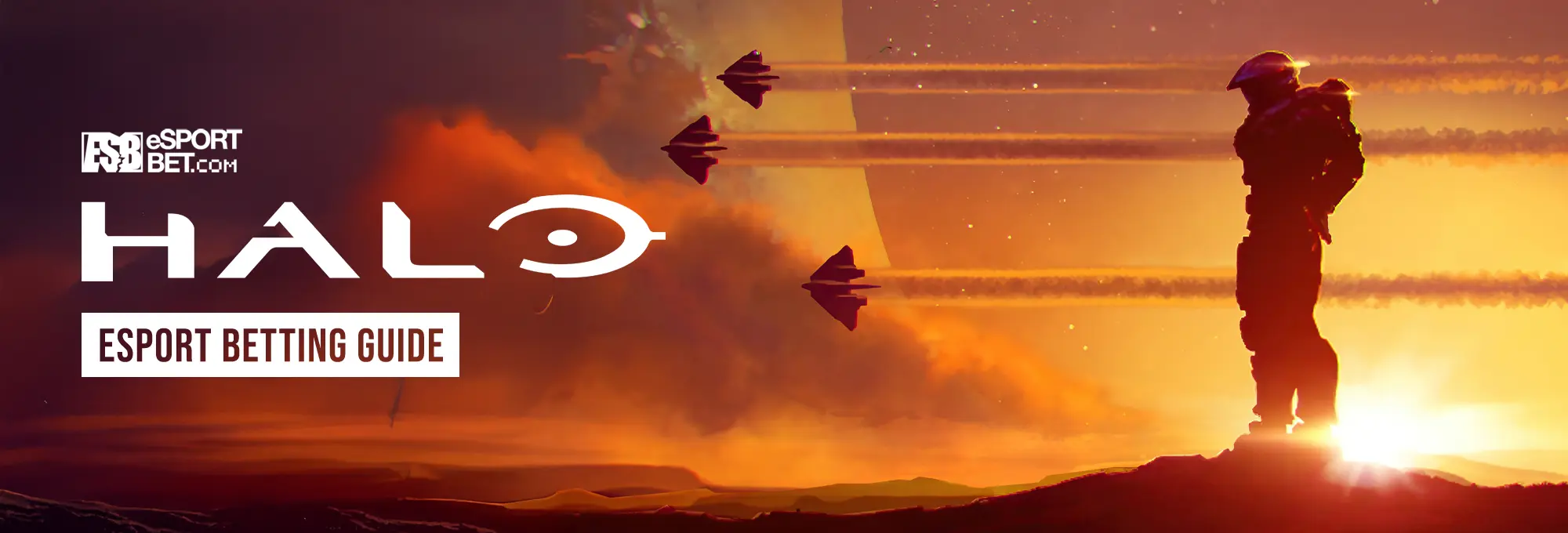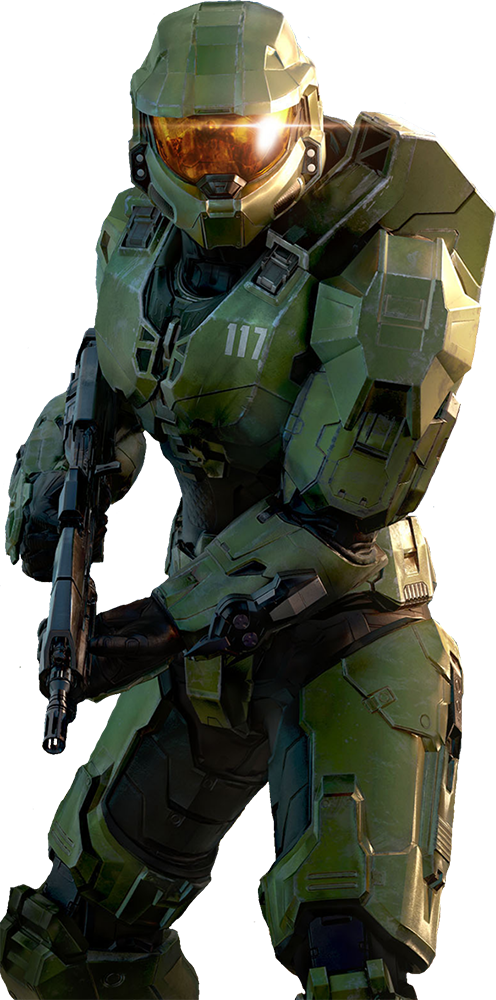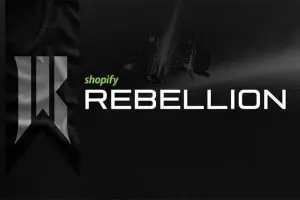
Halo has one of the most underrated competitive esports scene in the entire industry. With humble beginnings as the go-to game for amateur LAN tournaments and multiplayer parties, the original game and its 2004 sequel sparked the beginnings of a competitive fire that would eventually burn globally. While it never eclipsed the current most popular esports titles, Halo remains a crowd favourite to this day with its latest entry, Halo Infinite.
With the renewed backing of 343 Industries, Major League Gaming and Microsoft Studios, Halo Infinite is set to have a massive esports revamp in 2018 in terms of players, prize-pools and format – and we have all the details in our guide.

Our top Halo betting sites are:
Terms & Conditions Apply. Visit BetOnline for more information.
The bookies' bookie
$250 in Free Bets and 100 Free Spins with first deposit of minimum $50. Full terms
A brief introduction to Halo esports
The original Halo: Combat Evolved, released in 2001, predates many of today’s leading esports titles. Yet over two decades later, the Halo franchise continues to hold a special place in the hearts of competitive first-person shooter fans. Its legacy as a trailblazer in organized competitive gaming is undeniable, setting early standards for format, production, and fan engagement—largely thanks to Major League Gaming (MLG).
MLG began by hosting grassroots Halo 2 and Halo 3 tournaments, helping to spotlight top-tier North American teams. At a time when prize pools and professional circuits for video games were still rare, MLG’s commitment to competitive Halo helped elevate the franchise into the global esports conversation.
Although Halo was eventually surpassed in mainstream popularity by titles like CS:GO, Dota 2, and League of Legends, the series has consistently retained a loyal competitive scene. In recent years, its esports presence has experienced a resurgence.
The launch of Halo Infinite in late 2021 reignited global interest, and with it came the creation of the Halo Championship Series (HCS)—a unified, developer-backed league built in collaboration with esports partners like ESL and FACEIT. This renewed focus, supported by 343 Industries and the return of key MLG veterans, marked a new chapter for Halo esports.
Now in 2026, Halo Infinite remains at the forefront of the franchise’s competitive ambitions, with ongoing global events, substantial prize pools, and continued support from top esports organizations. With its history as a pioneer and its current momentum, Halo continues to prove that it’s not just a legacy title—but a legitimate force in modern-day esports.
How is Halo played in the esports scene?
Halo is a legendary multiplayer first-person shooter franchise that originally debuted in 2001, developed by Bungie for Microsoft’s Xbox console. As Xbox’s flagship exclusive title, Halo quickly became a global phenomenon—especially among competitive gamers—due to its innovative multiplayer modes and the ability to connect via Local Area Network (LAN). In an era before broadband internet was widely available, LAN-enabled multiplayer helped Halo establish itself as a cornerstone of console-based esports.

Fast forward to 2025, and the Halo series has fully evolved to take advantage of modern online infrastructure. Today’s competitive Halo scene operates on a global scale, with professional tournaments backed by developers 343 Industries, powered by the Halo Championship Series (HCS), and streamed live to millions. The franchise continues to celebrate the world’s top players and teams with large prize pools, international events, and a polished broadcast experience.
The latest title, Halo Infinite, serves as the foundation for current competitive play. Multiplayer matches are typically structured around 4v4 team-based gameplay, with a strong focus on both mechanical skill and tactical coordination. Competitive modes include classics like Slayer (team deathmatch), Capture the Flag, and Strongholds (zone control), all played across a rotating map pool.
Players control Spartan soldiers—superhuman warriors equipped with advanced armor and regenerating shields. These features not only add a sci-fi edge but also promote extended, skill-based engagements that differentiate Halo from other FPS titles. The gameplay remains fast-paced and fluid, incorporating abilities like slide maneuvers, grappleshots, and equipment pickups that enhance movement and combat flow. Some actions, like melee finishers or equipment boosts, temporarily shift the camera to third-person to heighten the impact.
For esports fans, Halo Infinite offers a balanced and thrilling experience: it’s faster and more tactical than most military shooters, yet remains grounded in map control, weapon mastery, and team coordination. In a market dominated by hyper-realistic titles, Halo continues to deliver a uniquely strategic sci-fi arena shooter that appeals to both nostalgic fans and a new generation of competitive players.
Latest Halo news
Halo Infinite esports multiplayer game types
- Slayer: A free-for-all mode where players score points by eliminating opponents.
- Capture the Flag: Teams compete to steal the opposing team’s flag and return it to their base.
- Strongholds: Teams compete to control multiple objectives on the map, earning points for holding them.
- Oddball: One player on each team is designated as the “oddball” and must carry a ball to their objective, while the other team tries to stop them.
- King of the Hill: Teams compete to control a designated area on the map, earning points for holding it.
- Neutral Bomb: A variant of Assault where the bomb is neutral, and any team can pick it up and attempt to score by planting it at the enemy base.
What is the Halo Championship Series?
The Halo Championship Series (HCS) is one of the world’s largest, professionally organized esports tournaments for the Halo video game franchise. Sponsored and supported by Halo’s creator and publisher, 343 Industries and Microsoft Studios, the Electronic Gaming League and Major League Gaming are the main organizers of the 2025 HWC event.
The Halo Championship Series hosts several regional qualifiers and Majors to gather up the best professional Halo gaming talent in each country and bring them to the world stage at the end of the year with the Halo World Championship Finals.
Major events in the HCS
Halo World Championship 2025 October 24-26 $1,000,000
| Event | Date | Prize money $USD |
|---|---|---|
| Arlington Major | April 18-20 | $250,000 |
| Dallas Open | May 23-25 | $250,000 |
| Salt Lake City Major | August 1-3 | $250,000 |
| FaZe Charlotte Major | October 3-5 | $250,000 |
Halo Championship Series 2025 Partnered Teams
The are seven Halo Championship Series teams confirmed for the 2025 season.
Cloud9
- Emmanuel “Manny” Lombert
- Juliano “Sceptify” Sadiku
- Sabur “Sabinater” Hakimi
- Jesse “bubu dubu” Moeller
- Coach: Trevor “SenscR” David
Complexity Gaming
- Brant “Huss” Hussey
- Tyler “Spartan” Ganza
- Billy “MentaL” Putnam
- “Precision”
- Coach: Nicholas “Ashes” Ridgeway
FaZe Clan
- Zane “Pznguin” Hearon
- Michael “Falcated” Garcia
- Donnie “Suppressed” Lopez
- Joey “Trippy” Taylor
- Coach: N/A
Optic Gaming
- Matt “FormaL” Piper
- Adam “Bound” Gray
- Kaci “Lqgend” Sabri
- Jonathan “Renegade” Willette
- Coach: Jason “Lunchbox” Brown
TSM
- Youssef “Cherished” Shaaban
- Roman “Druk” Nasirudin
- Michael “SoulSnipe” Girgis
- Hunter “Taulek” Davis
- Coach: “Trey”
Shopify Rebellion
- Preston “CyKul” Sipes
- Bradley “Frosty” Bergstrom
- Wyatt “LastShot” Gowan
- Mathew “Royal2” Fiorante
- Coach: Nick “BesT Man” Johnson
Spacestation Gaming
- Kevin “Eco” Smith
- Braedon “StelluR” Boettcher
- Tommy “Lucid” Wilson
- Paul “SnakeBite” Duarte
- Coach: Kyle “Elamite” Elam
Halo World Championship organizers and sponsors
343 Industries are the primary North American partner and organizer for the Halo Championship Series. Esports Engine have partnered up with 343 to organize the HCS World Championships.
- Australia/New Zealand: ESL Australia will handle all HaloWC events in Australia.
- Europe: Gfinity will organise all HaloWC esports events in EU, including HCS London.
- Latin America: Gamelta returns as the primary organiser of all HaloWC esports events in Latin America, including the HaloWC in Mexico.
In addition, Halo esports fans from each region can purchase AR and Magnum country flag skins representing each of the major regions competing, for use in-game in Halo Infinite. Regions include Australia, Canada, Mexico, United Kingdom and United States. They come in limited edition REQ packs are only available during the 2025 Halo World Championship qualification periods.
Microsoft Surface will also support all HaloWC tournament events as an additional partner, supplying specialised Surface tablets to act as server hardware of the Halo World Championship. Every tournament station at each HaloWC events will be outfitted with a Surface so tournament spectators can use them.
-
BetOnline
Fast Payouts

Terms & Conditions Apply. Visit BetOnline for more information.
-
SportsBetting
The bookies' bookie

$250 in Free Bets and 100 Free Spins with first deposit of minimum $50. Full terms
How to watch Halo esports online
The official channels for this year’s Halo World Championship have yet to be formally announced, but it’s safe to say fans can watch each regional qualifier and the finals event online via live-streaming esports sites like Major League Gaming’s own MLG.tv and Twitch.tv.
The official Halo account on Twitch, as well as the Halo Waypoint Esports hub page will also have embedded live-streams for every HaloWC for easy access.
Where can I bet on Halo esports in 2025?
For Halo esports fan living in United States, the #1 ranked esports betting site based on options, licensing, security, safety and value was hands-down BetOnline, and we expect them to have early markets up on HaloWC events when they first commence.
If you are interested in betting on Halo esports events, or even just want to learn how to bet on esports in general, please don’t hesitate to read our helpful guides listed below.






